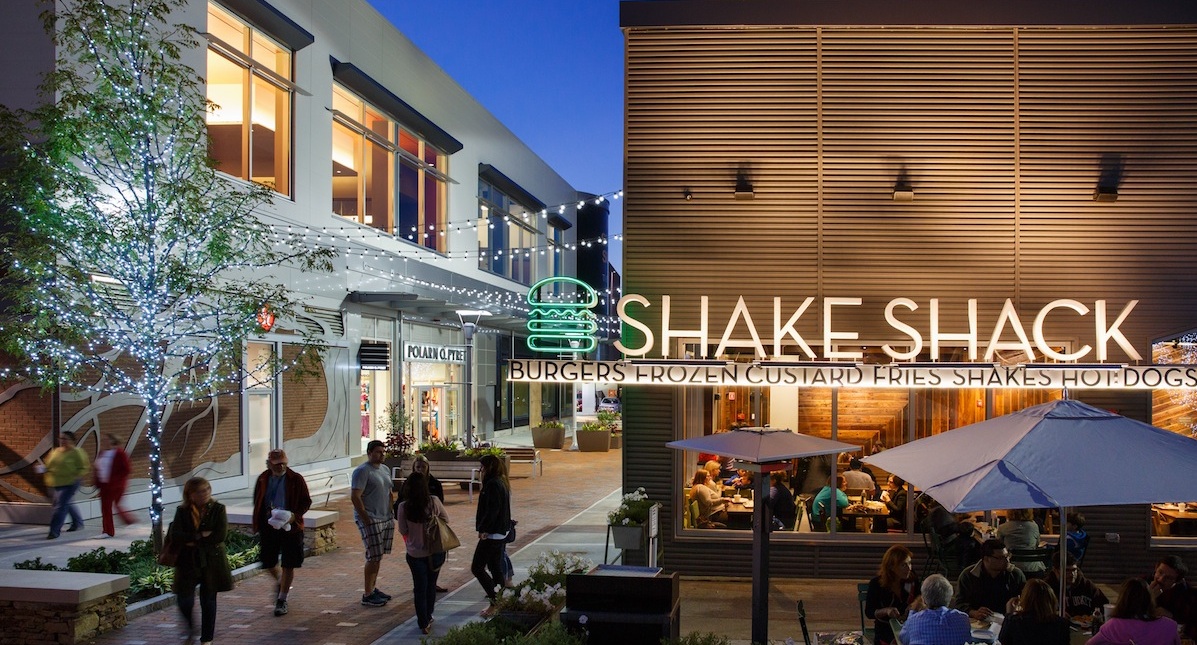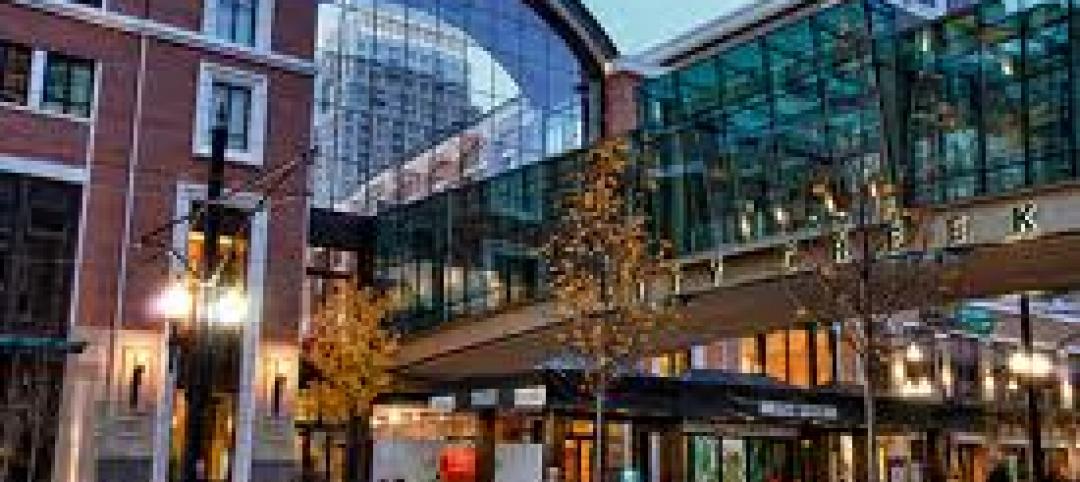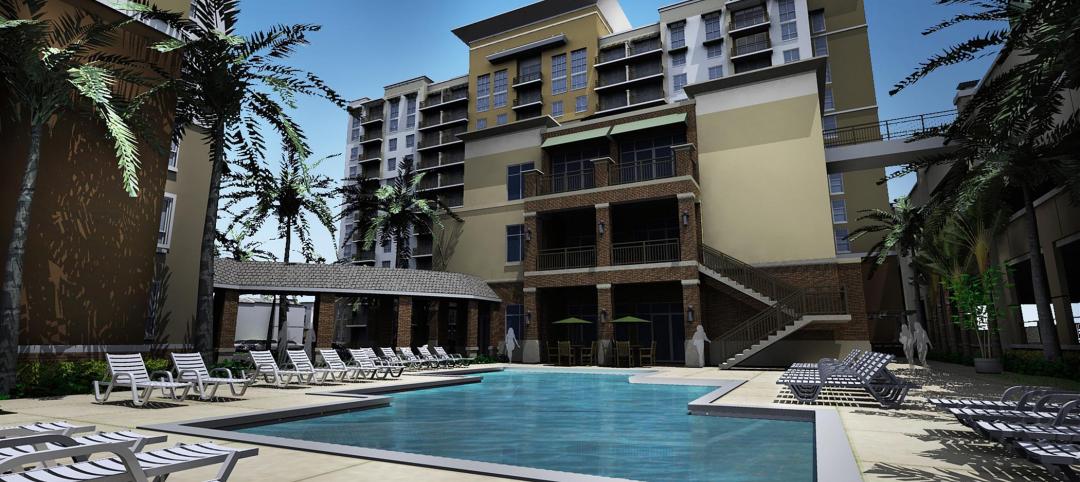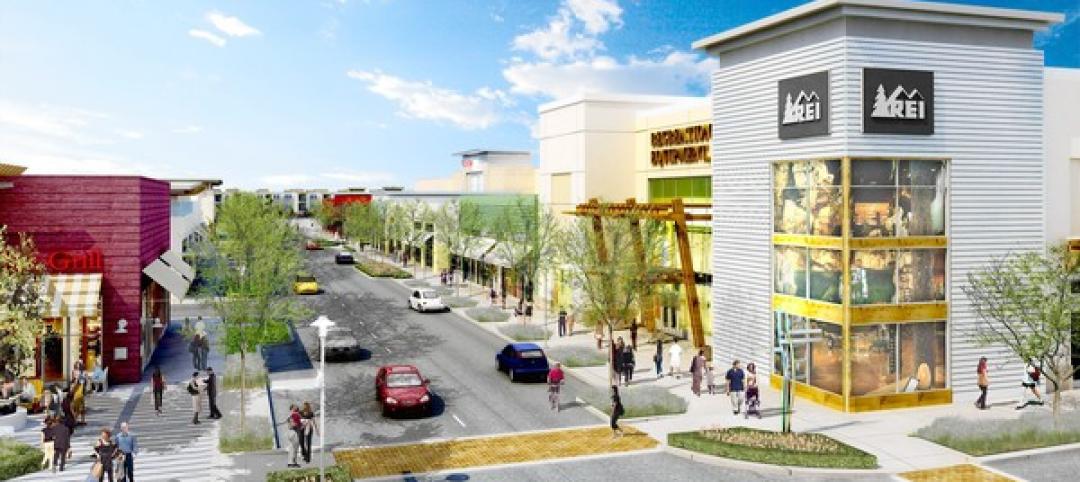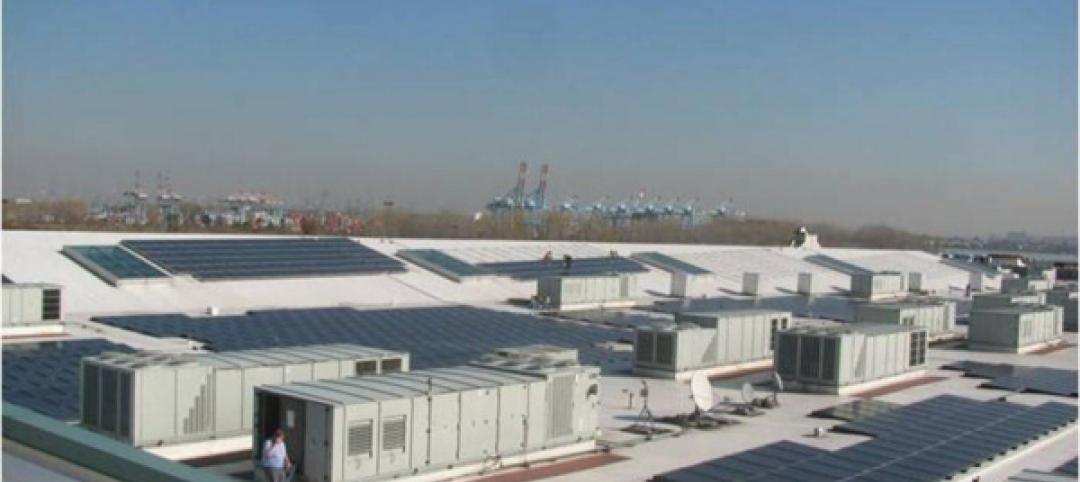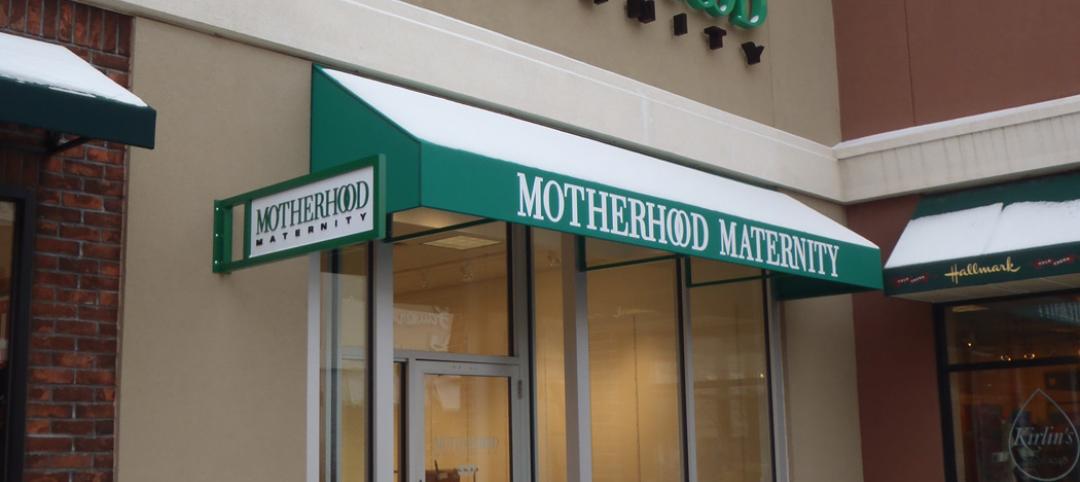An estimated 140 million sf of shopping center space was built in the U.S. between 2002 and 2008, according ChainLinks Advisors’ Fall/Winter 2013 Retail Review & Forecast. Since then, retail construction has slowed, even as the U.S. remains the world’s largest market in shopping center space, accounting for two-thirds of total gross leasable area tracked by Cushman & Wakefield, according to its latest Global Shopping Center Development Report.
Retail net absorption totaled 109.8 million sf in 2014, according to JLL’s Fourth Quarter 2014 Retail Outlook. Last year exhibited the strongest absorption rate since 2008. But deliveries, at 60.6 million sf, still fell well below absorptions. JLL reported that 55% of last year’s construction activity was “general retail,” consisting of single-tenant freestanding general commercial buildings with parking. Shopping centers accounted for 19.2% of retail construction, malls 18.1%, power centers 4.4%, and specialty retail centers 3.3%.
New York, Miami, and Washington, D. C., showed the highest absorption rates and rent growth. Combined, they accounted for more than two million sf of storefront construction, or about 7% of the U.S. total last year.
Retailers could be doing a better job of meeting customer expectations. The latest American Customer Satisfaction Index, based on surveys of 70,000 customers, found that all retail categories, with the exception of online retail, showed weakening or flat customer satisfaction in 2014.
JLL cites a report by the Royal Bank of Canada and Retail Lease Trac, which estimates that U.S. retailers in RBC’s database plan to open a total of 77,547 stores over the next two years. Some of these stores might end up replacing retailers commonly found in malls that have announced hundreds of store closings, including Macy’s, JC Penney, and Sears, as well as Radio Shack and Wet Seal, both of which have filed for bankruptcy protection.
Retailers could be doing a better job of meeting customer expectations. The latest American Customer Satisfaction Index, based on surveys of 70,000 customers, found that all retail categories, with the exception of online retail, showed weakening or flat customer satisfaction in 2014.
Nordstrom, which is among the handful of retailers that mall developers covet most as anchors, registered the highest satisfaction index—86—of any brick-and-mortar dealer tracked, matching Amazon.com’s 86 index. However, department and discount stores registered their lowest index since 2007. ACSI data show that customers were dissatisfied with their layouts, cleanliness, inventory availability, and speed of checkout.
JLL suggests that malls and shopping centers are more effective as destinations when their tenant mix appeals to customers’ lifestyles beyond shopping and includes fitness centers, gourmet cooking shops, and sustainable-product options.
The success of any mall redevelopment hinges on the appeal of its tenants. JLL singles out Nordstrom, Neiman Marcus, and fashion retailers H&M and Forever 21 as “huge draws.” It also notes that entertainment is “essential” to injecting “new vitality” into a shopping center. This can include casual restaurants like Chipolte or Smashburger, luxury movie theaters like iPic, or specialty big boxes like Dick’s Field & Stream.
JLL recommends that as malls reinvent themselves, they should add more green space, lounging areas, and free WiFi. Technology tools like beacons (see www.BDCnetwork.com/beacon) can help a retail center connect more directly with customers. “By tracking the location of shoppers and interacting with them through their mobile devices, landlords and retailers gain greater control over the timing and customization of their marketing messages,” says JLL.
Related Stories
| Apr 16, 2012
Shawmut awarded Tag Heuer builds in Florida and Pennsylvania
Both projects are scheduled to be completed this spring.
| Apr 2, 2012
Sachse Construction helps complete Salt Lake City’s City Creek Center
Sachse was hired to complete store build-outs at City Creek Center.
| Mar 19, 2012
Mixed-use project redefines Midtown District in Plantation, Fla.
Stiles Construction is building the residential complex, which is one of Broward County’s first multifamily rental communities designed to achieve LEED certification from the USGBC.
| Mar 16, 2012
Work on Oxnard, Calif. shopping center resumes after a three-year hiatus
Stalled since 2009, developers of the Collection at RiverPark decided to restart construction on the outdoor mall.
| Feb 22, 2012
Suffolk awarded Boston post office renovation project
Renovation of art deco landmark will add 21,000 square feet of retail and 110 new parking spaces.
| Feb 16, 2012
Big-box retailers not just for DIYers
Nearly half of all contractor purchases made from stores like Home Depot and Lowe's.
| Feb 16, 2012
4.8-megawatt solar power system completed at Jersey Gardens Mall
Solar array among the largest rooftop systems in North America.
| Feb 15, 2012
Englewood Construction announces new projects with Destination Maternity, American Girl
Englewood’s newest project for Wisconsin-based doll retailer American Girl, the company will combine four vacant storefronts into one large 15,000 square-foot retail space for American Girl.


